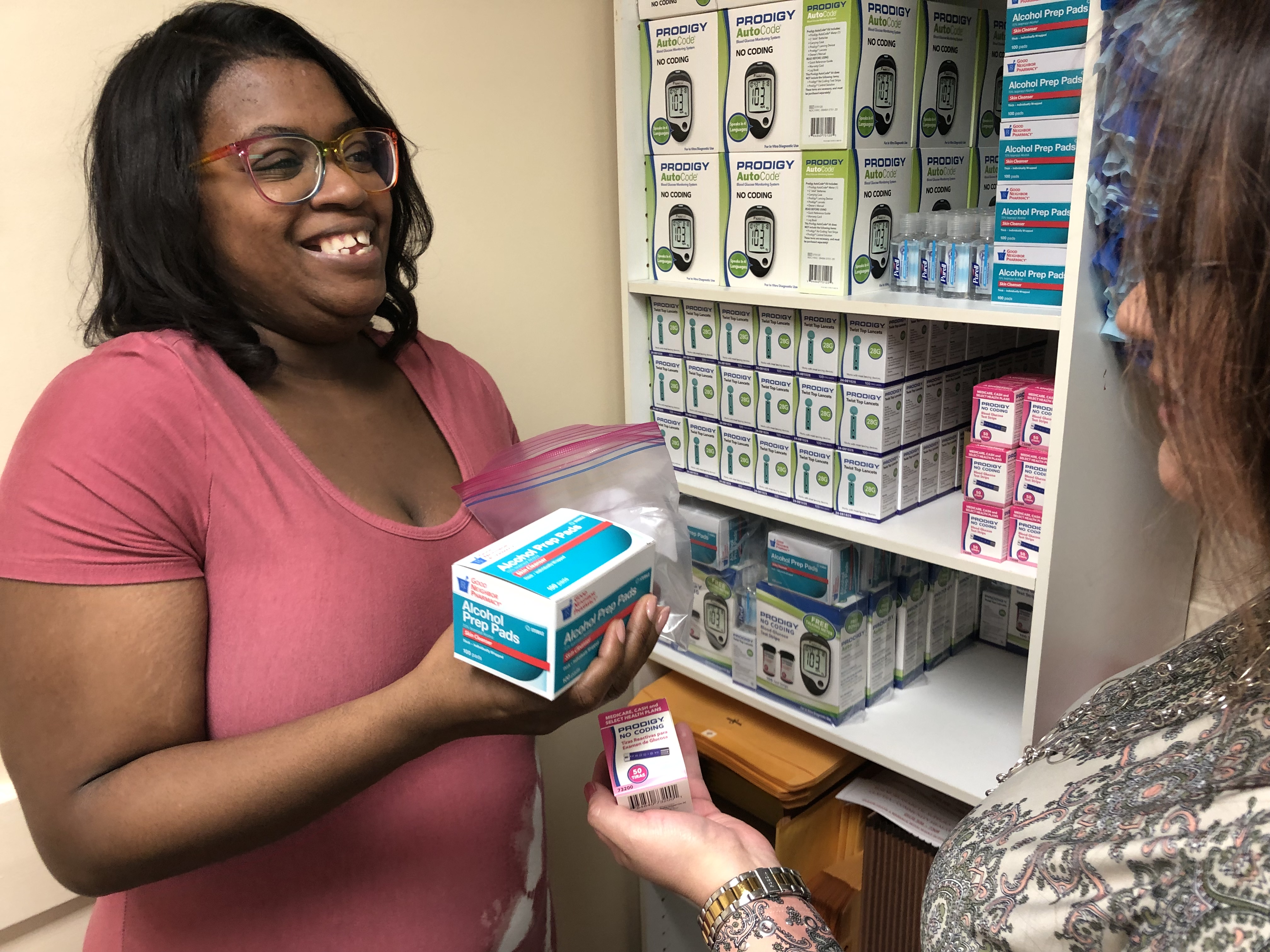Project Access gets boost from county funding
 Johnston County Commissioners have given $100,000 to UNC Health Johnston’s Project Access to make health care available to the county’s most vulnerable residents. The physician-led initiative serves low-income patients ages 19 to 65 who lack health insurance.
Johnston County Commissioners have given $100,000 to UNC Health Johnston’s Project Access to make health care available to the county’s most vulnerable residents. The physician-led initiative serves low-income patients ages 19 to 65 who lack health insurance.
“We’re so grateful for the county’s support," says Dr. Charles Williams of Clayton, a family physician who helped launch Project Access in Johnston County 15 years ago. “Through this effort, we feel we’re making a difference in the lives of our residents.”
About 14 percent of Johnston residents have no health insurance.
Among other things, Project Access will spend county funds to provide patients with diabetic education and supplies and to ensure access to insulin and other needed medicines.
“Our focus on this chronic disease has led to an impressive 92 percent improvement in diabetes management for enrolled patients,” says Georgia Anthony, director of the program.
Also notable, Project Access helped arrange nearly 10,000 annual primary and specialty care visits and filled 5,076 prescriptions last year. The value of hospital and outpatient services was about $14 million.
“When everyone has access to a primary-care medical home, all residents benefit,” Dr. Williams adds.
Since its start in 2008, Project Access has served more than 6,700 residents. Today, more than 60 family care physicians and 720 specialists across UNC Health volunteer through the network to treat patients.
To be eligible for the program, residents must live in Johnston or Harnett counties, have no source of health insurance, and earn 250 percent of the federal poverty level, which is $33,975 for a single person or $57,575 for a family of three.
Project Access receives financial support from The Duke Endowment, UNC Health Johnston and generous donations to the Johnston Health Foundation. To learn more about the program, contact Anthony at 919-938-7391 or georgia.anthony@unchealth.unc.edu.
Pictured: Natasha Smith of Selma picks up diabetes supplies from Claudia Garrett, community health worker for Project Access. Since enrolling in the program, Smith has taken diabetes education classes to help better manage her disease and lower blood-sugar levels. “I would not have been able to pay for these supplies or get seen by a physician without assistance from Project Access,” she says. “I’m feeling so much better.”